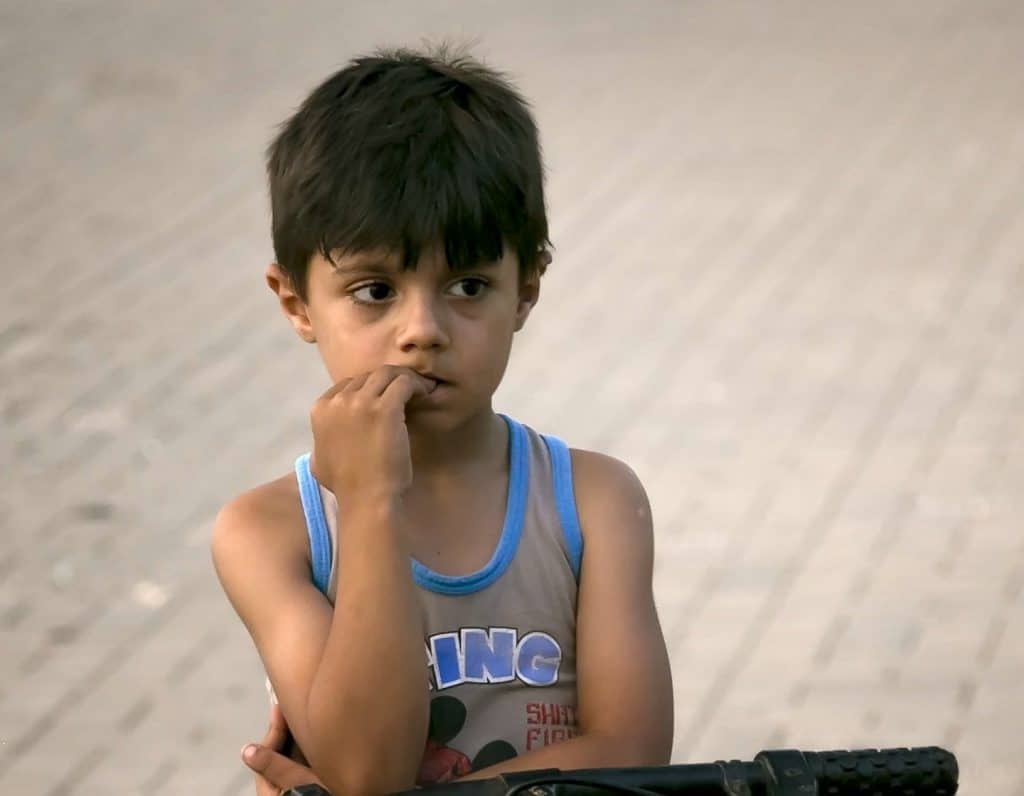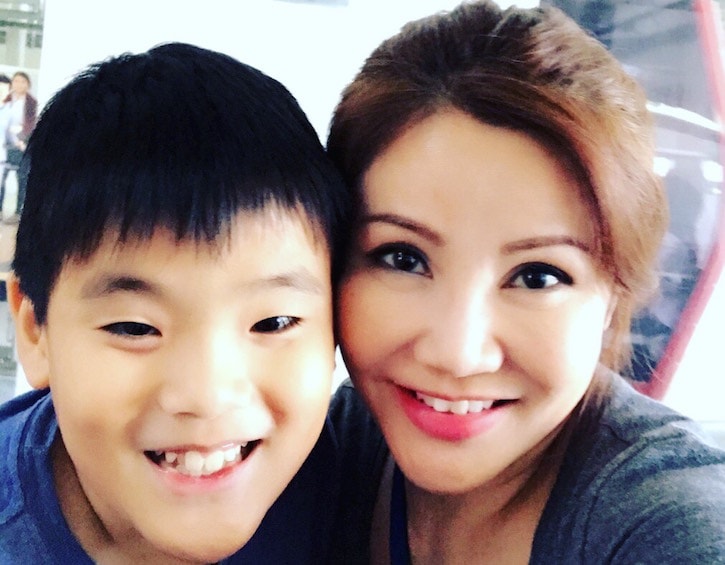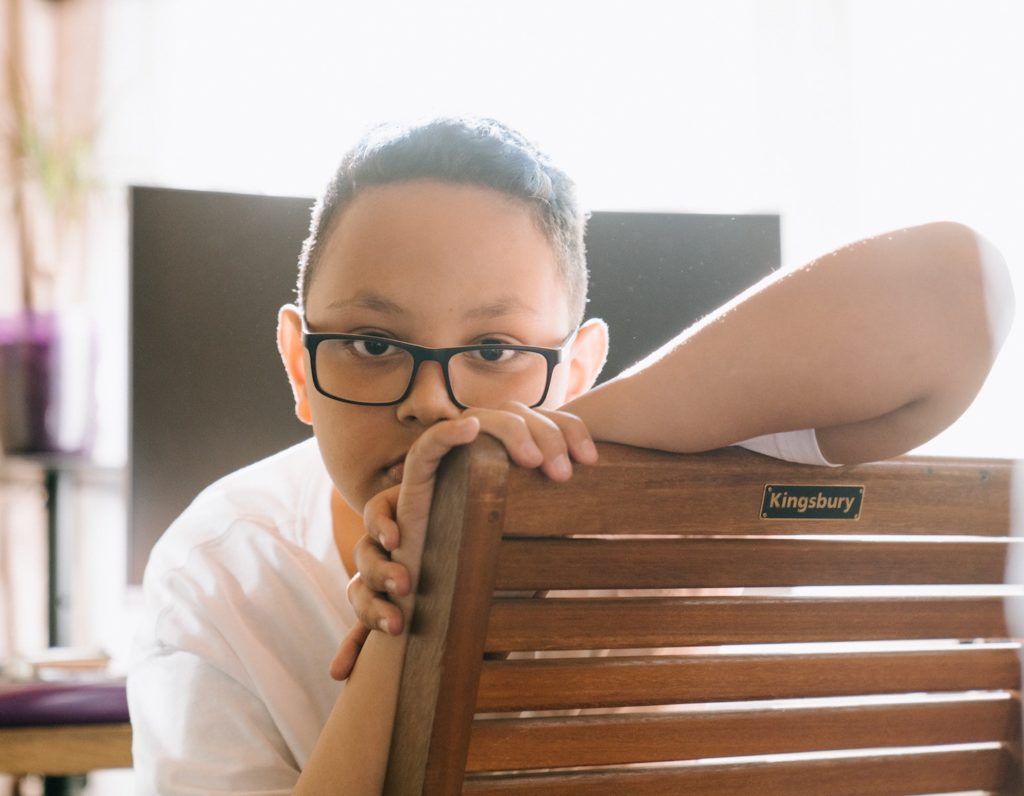
Childhood depression can affect even very young kids. It’s important to know the key signs to watch out for so that you can seek professional help for your child early on
Sadly, depression does not just affect adults but kids of all ages can suffer from this medical illness. Childhood depression can affect how your child feels, thinks and acts and if left untreated, the depression can turn into a long-term problem with serious potential repercussions. Childhood depression could be caused or triggered by a difficult life event such as parents separating or family difficulties, physical, emotional or sexual abuse, problems at school such as bullying, or a family history of depression.
Irena Constantin, Occupations & Educational Psychologist at Scott Psychological Centre for ADHD and Developmental Trauma, says “Childhood depression is a serious illness and is different from normal ‘mood swings’ that can occur as a child develops. Parents need to be aware of whether their child is just ‘sad’ or if that sadness becomes persistent and interferes with normal everyday activities, their usual interests and schoolwork.”
But how can you tell if your child is depressed?
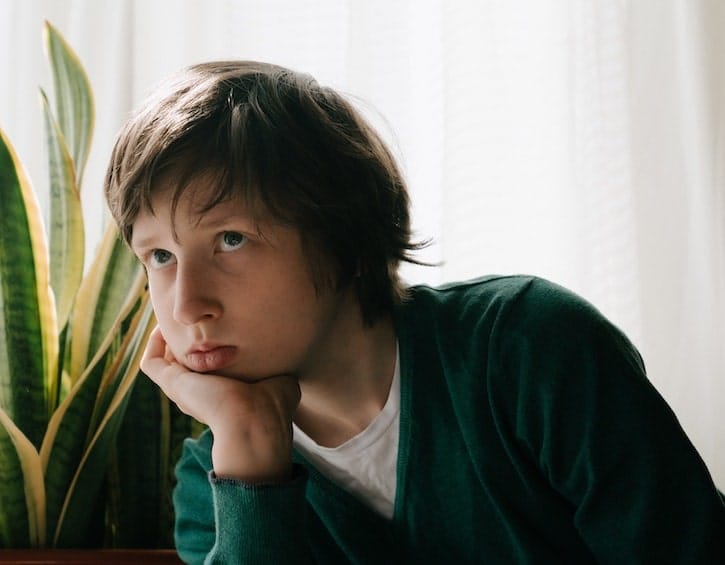
Signs of depression in children
The signs and symptoms of depression in children vary and can be ‘masked’ by acting out or showing angry behaviour. Some key signs to watch out for include:
– persistent sadness, or low mood
– being irritable or grumpy all the time
– loss of interest in usual favourite activities
– feeling tired and exhausted a lot of the time
– feeling hopeless
– having trouble sleeping or sleeping more than usual
– not being able to concentrate
– interacting less with friends and family
– indecisiveness
– not having much confidence
– eating less than usual or overeating
– drastic changes in weight
– inability to relax
– feeling guilty or worthless
– feeling empty or numb
– having thoughts about suicide or self-harming
– self-harming, for example, cutting their skin or taking an overdose
– some kids also have physical symptoms, such as headaches and stomach aches.
Symptoms would normally last at least two weeks for a diagnosis of depression. Irena says “Not all children show all symptoms. If you see that your child starts showing a ‘different behaviour’ in familiar situations and in a familiar environment, is becoming more anxious and withdraws themselves (from friends and family members) or starts talking about having suicidal thoughts, then you should seek professional help.”
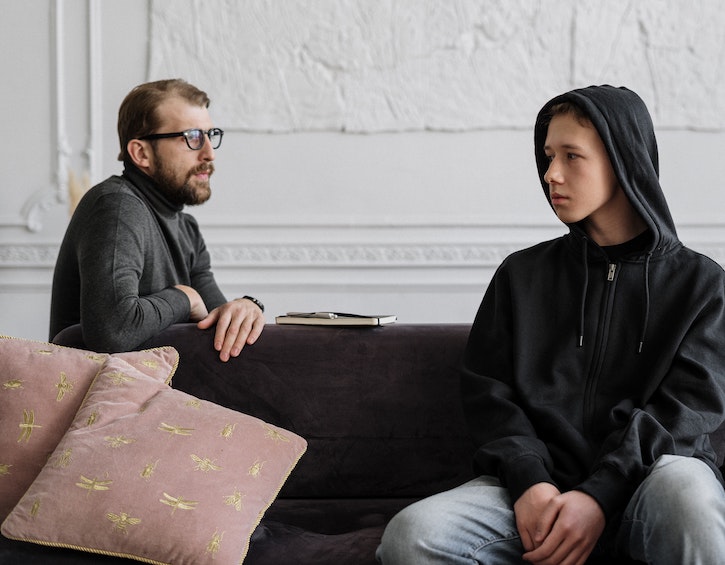
What should you do if you think your child is depressed?
It’s important to talk to your child, be approachable and patient – your child may not want to talk to you when it is convenient to you but it’s important to make time to listen to them when they want to talk. Ask your child what’s troubling them and acknowledge their feelings. Take whatever your child shares with you seriously, even if it does not seem like it “should” be a big deal. Children need that ‘sense of belonging’, they need to be heard. If your child does not want to open up to you, see if there is another safe adult that they are open to talking to like your partner or a grandparent or a counsellor at school. Let your child know that you are concerned about them and that you are ready to listen to them whenever they are ready to talk.
If you think your child is depressed, or if you’re concerned about their general wellbeing, it’s always best to seek professional help early on.
- Samaritans of Singapore: 1800-221-4444 (24 hours)
- Singapore Association for Mental Health: 1800-283-7019
- Institute of Mental Health Helpline: 6389-2222 (24 hours)
- Care Corner Counselling Centre: 1800-353-5800 (Mandarin)
- Tinkle Friend: 1800-274-4788 (for primary school-aged children, Monday to Friday 2.30pm to 5.00pm)






 View All
View All





 View All
View All









 View All
View All


